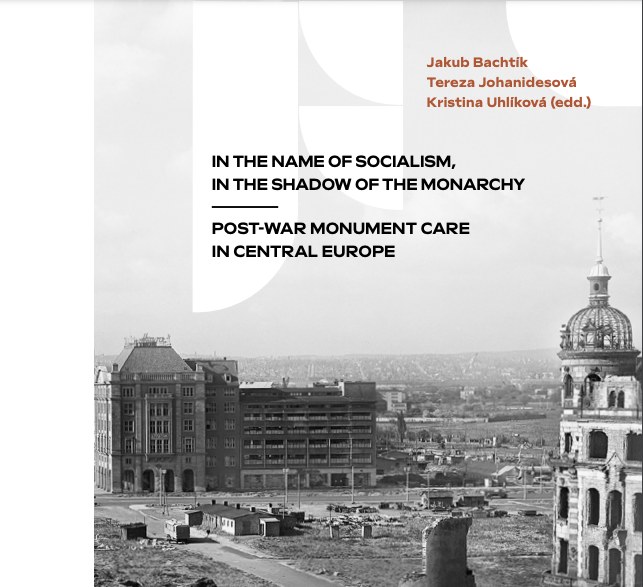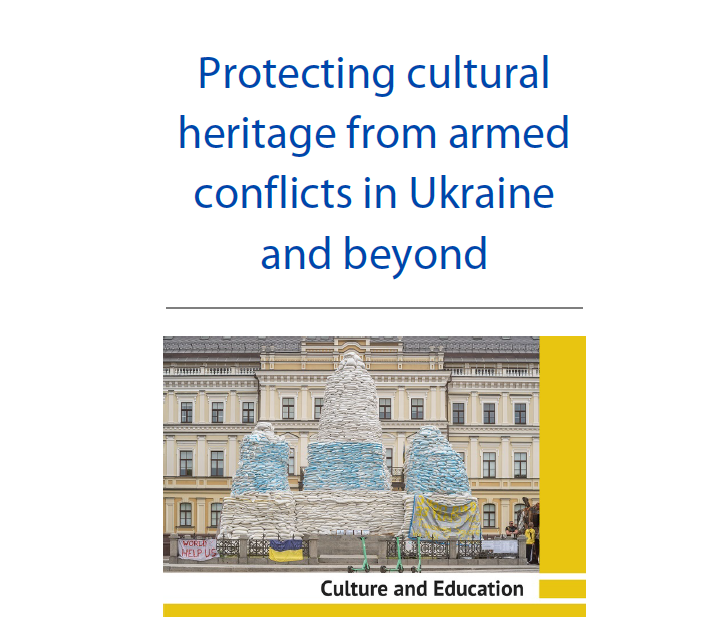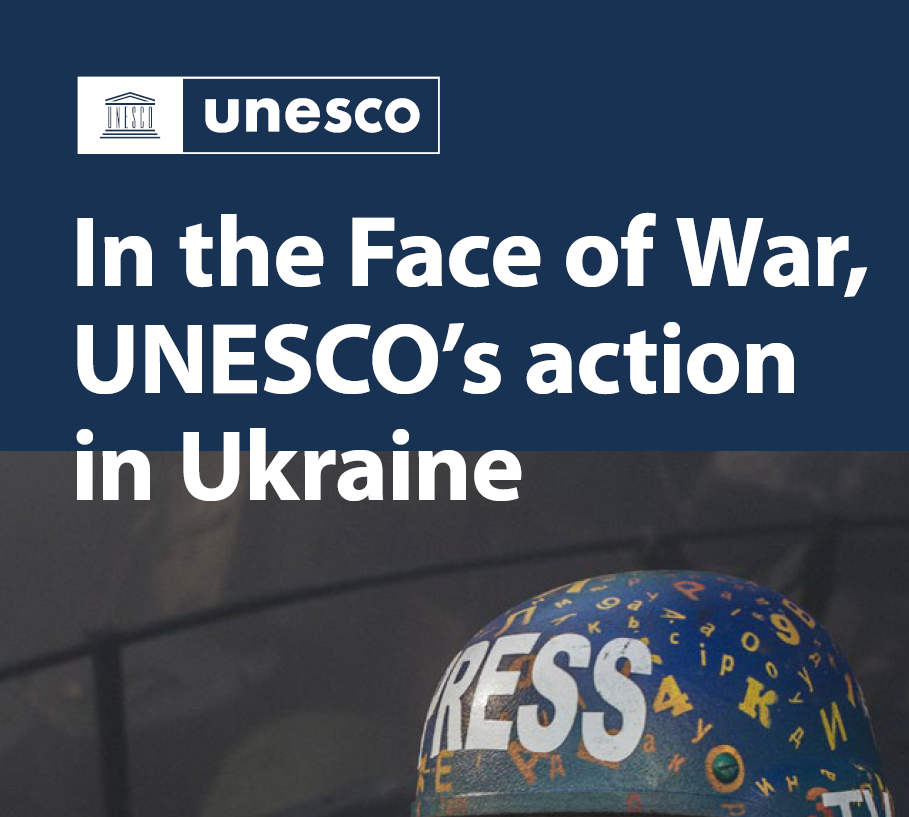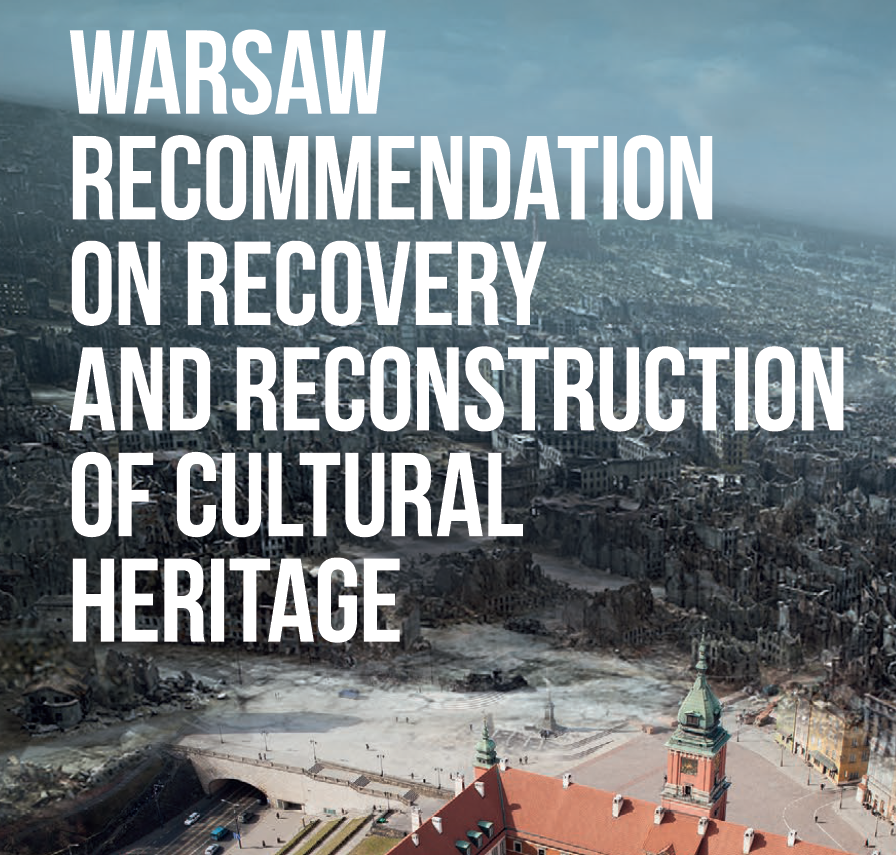Historical Studies on Central Europe
Historical Studies on Central Europe (HSCE) is a journal published by the Faculty of Humanities of Eötvös Loránd University in Budapest. HSCE is a new historical periodical which considers the yearbook Annales Universitatis Scientiarum Budapestinensis de Rolando Eötvös nominatae Sectio Historica as its first series. According to its multidisciplinary character, HSCE is dedicated for contributions from various fields of historical scholarship in a broad, interdisciplinary spirit, including ethnology and archaeology. In accordance with its name, the journal focuses on the history of Central Europe: a region of crossroads and meeting points, where throughout the centuries diverse ethnic groups, confessions, traditions, and political entities have interacted in a very special way. As the definition of the region varies by age and discipline (it may mean the Habsburg Empire, the territory ranging from the Baltic Sea to the Adriatic Sea, or from German-speaking areas to the Balkans), HSCE offers a forum for reflective interpretations of this region. Besides studies that specifically address the region’s history, the editors welcome papers that bear methodological and/or theoretical relevance to the study of historical processes. According to the editorial board’s concept, each issue consists of three to five thematic blocks, with two to four studies in each. The HSCE is also open to publish individual papers. The editors are committed to establish a review column with shorter and featured book reviews, as well as review articles critically approaching recent scholarly publications. Furthermore, they aim to publish regular reports on current research projects for disseminating information about ongoing projects in Central Europe. HSCE intends to build an interdisciplinary platform for enhancing the dialog and disseminating new findings on Central Europe, a region, whose research results have limited circulation in international scholarship due to language barriers, and in addition, research is heavily influenced by national narratives. This aim is supported by the fact that HSCE is an open-access journal published twice a year and is available in both printed and online formats.
Check more